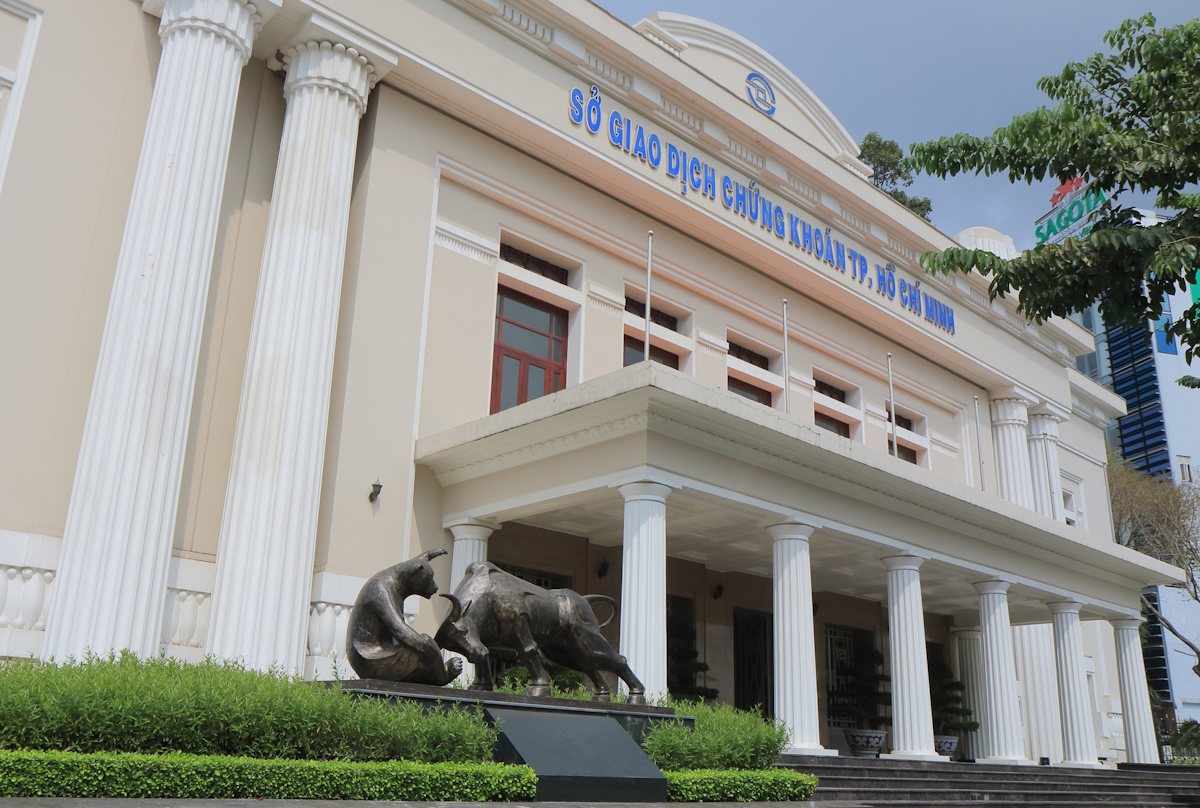Following its designation as the poorest-performing stock market last year, Vietnam stocks are making a comeback in 2023 as a result of various proactive government measures. The benchmark VN Index climbed 12.14% in 2023, whereas other equity markets in Southeast Asia, with a few outliers, such as India, performed poorly.
After being net sellers in April and May 2023, foreign investors purchased around $38.2 million in Vietnam equities till June 16. Moreover, the average daily transaction value of the country’s equities exceeded $732 mn in June, the highest since April 2022.
In contrast, net outflows were witnessed in other major markets in the region, including Indonesia, Thailand, and Malaysia. The Jakarta Composite Index, which performed well last year, has dropped 2.77% in the first six months of 2023. During the same period, Malaysia’s FTSE Malaysia KLCI index fell by 6.92%, and Thailand’s SET Index shrank by 9.64%.
“Stocks are attractively priced in the Vietnamese market, and it remains to be seen when the country’s improved liquidity conditions and lower interest rates environment will encourage investors to return with large numbers to the buy-side. Vietnam’s government has taken effective measures to accelerate economic growth,” said PYN Elite Fund.
Vietnam stocks aided by government support
The upward trajectory of Vietnam stocks this year corresponds with the Vietnam government’s implementation of different measures to drive economic growth. Vietnam’s GDP growth rate slowed to 3.3% in the first three months of 2023, following 8% growth last year. According to The World Bank, the GDP growth rate of the country will drop to 6.3% in 2023.
Faced with this situation, the government has cut down on key interest rates this year. The country’s central bank slashed the interbank rate to 5%, the refinance rate to 4.5%, and the discount rate to 3%. The country’s deposit interest rates have also fallen from 10% to 11% in January to around 7% to 8% in May for 12-month deposits.
In addition, the government has purchased around $4 bn to strengthen the country’s foreign reserves and has pumped over 100 tn dong ($4.25 bn) into the market. Furthermore, it has decided to lower VAT from July this year in various sectors excluding banking, real estate, and securities services. Meanwhile, various policies have also been implemented to support the country’s real estate developers and enhance liquidity in the real estate market
“The Vietnamese Government, particularly the State Bank of Vietnam, has implemented several measures to stimulate the economy…All these government actions have certainly bolstered investor confidence in Vietnam,” said Andreas Vogelsanger, CEO at Asia Frontier Capital (Vietnam).
“In the past two months, there has been a noticeable surge of investment in small and mid-cap stocks, leading to the outperformance of the small-cap index and mid-cap index over the key benchmark. On the other hand, large-cap stocks such as banks, consumer goods, and major real estate companies did not exhibit as much movements,” he adds.


 Australia
Australia China
China India
India Indonesia
Indonesia Japan
Japan Malaysia
Malaysia Philippines
Philippines Singapore
Singapore South Korea
South Korea Taiwan
Taiwan Thailand
Thailand Vietnam
Vietnam







